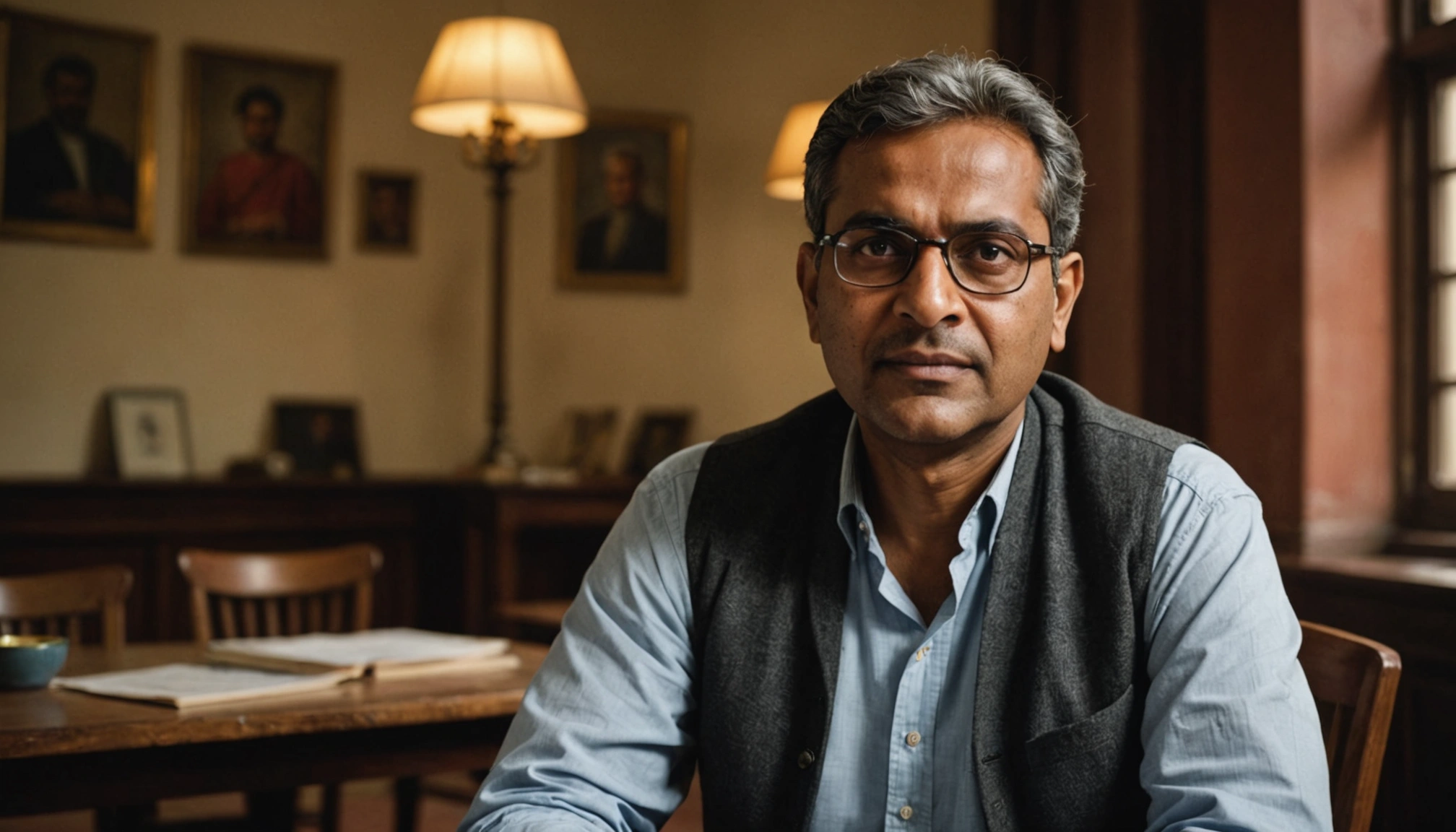Germany Faces Debate Over Source of Rising Antisemitism

BERLIN – Germany is grappling with a heated debate over the origins of rising antisemitism within its borders, sparked by recent comments from Chancellor Friedrich Merz. Merz asserted that a significant portion of the increase in antisemitic incidents is attributable to "imported antisemitism" linked to the large number of migrants who have arrived in Germany over the past decade. His remarks have ignited controversy, drawing both support and condemnation from various segments of German society.
Chancellor's Comments Spark Controversy
Chancellor Merz made the comments during a recent interview with Fox News during a state visit to the U.S. He stated that Germany faces a "terrible challenge" with antisemitism and that "we have a sort of imported antisemitism with this big number of migrants we've had over the last 10 years. We have to tackle this, we have to resolve the problem." These remarks came in the wake of a report by the Federal Association of Departments for Research and Information on Anti-Semitism (RIAS), which documented a significant increase in antisemitic incidents across German society.
Merz's statements have been interpreted by some as an attempt to shift blame for Germany's antisemitism problem onto immigrants, while others view it as a legitimate concern about the attitudes of some newcomers. Critics argue that his comments risk fueling anti-immigrant sentiment and diverting attention from the country's historical responsibility and existing domestic sources of antisemitism.
Rise in Antisemitic Incidents
Reports indicate a concerning rise in antisemitic incidents in Germany. RIAS reported a 77 percent increase in such incidents in 2024 compared to 2023, with a total of 8,627 incidents recorded. Of these, 5,857 were classified as "antisemitism related to Israel," while 544 cases were attributed to far-right extremists. The increase has been particularly noticeable since the October 7, 2023, attack on Israel by Hamas and the subsequent war in Gaza.
The rise in antisemitic incidents has prompted widespread concern among Jewish communities and civil society organizations in Germany. These groups have called for increased efforts to combat antisemitism in all its forms, regardless of its source.
Differing Perspectives on the Source of Antisemitism
While Chancellor Merz has emphasized the role of "imported antisemitism," other voices in Germany point to different factors contributing to the problem. Some argue that right-wing extremism remains the primary driver of antisemitism in the country, citing the historical legacy of Nazism and the continued presence of far-right groups.
Oliver Schmidtke, writing for EUCAnet, argues that Merz's focus on immigrant attitudes diverts attention from Germany's enduring internal antisemitism and risks fueling anti-immigrant rhetoric. He notes that while incidents classified under "foreign ideologies" have increased, nearly half of antisemitic incidents stem from right-wing extremist ideology.
A recent survey of antisemitic attitudes among immigrants in Germany found that such attitudes are more prevalent among Muslim respondents compared to their Christian or religiously unaffiliated counterparts. The study revealed particularly high levels of antisemitism among individuals from the Middle East and North Africa. Approximately 35 per cent of Muslim respondents – especially those with strong religious convictions and lower levels of formal education – “strongly agreed with classical antisemitic statements.”
Political Implications and Policy Responses
The debate over the source of antisemitism in Germany has significant political implications. Merz's Christian Democratic Union (CDU) has taken a strong stance against "imported antisemitism," vowing to "fight the enemies of the German state" and proposing to close mosques where hatred and antisemitism are preached. These positions have resonated with some voters but have also drawn criticism from those who accuse the CDU of exploiting the issue for political gain.
The German government has announced plans to ease the process of designating certain migrant countries of origin as "safe," a move designed to curb asylum applications. This policy has been criticized by human rights organizations, which argue that it could violate international law and undermine Germany's commitment to protecting refugees.
The Challenge of Holocaust Education and Integration
Some experts argue that Germany needs to do more to ensure that Holocaust education resonates with younger generations, including immigrants. They suggest that immigrants may feel excluded from Germany's memory culture, and that tying commitment to Holocaust awareness to citizenship tests can unintentionally alienate newcomers.
Schmidtke calls for a more comprehensive strategy that bridges anti-racist and anti-antisemitism efforts, ensuring that Holocaust remembrance remains a unifying, inclusive moral and political commitment for Germany's diverse society. He warns that framing antisemitism primarily as an imported problem risks strengthening those forces that actively seek to undermine and ignore Germany's confrontation with its Nazi past.
Moving Forward: A Comprehensive Approach
Addressing the rise in antisemitism in Germany requires a multifaceted approach that acknowledges the complexity of the issue. While it is important to address antisemitic attitudes among some immigrants, it is equally crucial to confront right-wing extremism and other domestic sources of antisemitism.
Germany must also strengthen its Holocaust education programs and ensure that they are inclusive of all members of society. By promoting understanding and empathy, Germany can help to build a more tolerant and inclusive society where antisemitism has no place. The path forward requires open dialogue, a commitment to historical accuracy, and a willingness to confront uncomfortable truths about the past and present.
Related Articles

Indian Author and Translator Win International Booker Prize for Short Story Collection 'Heart Lamp'

